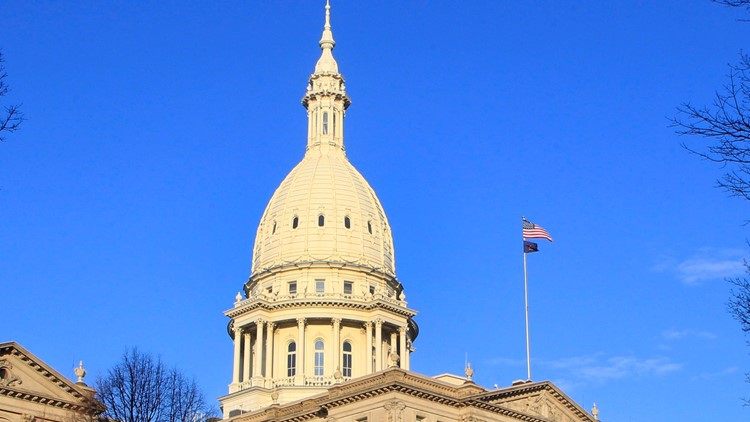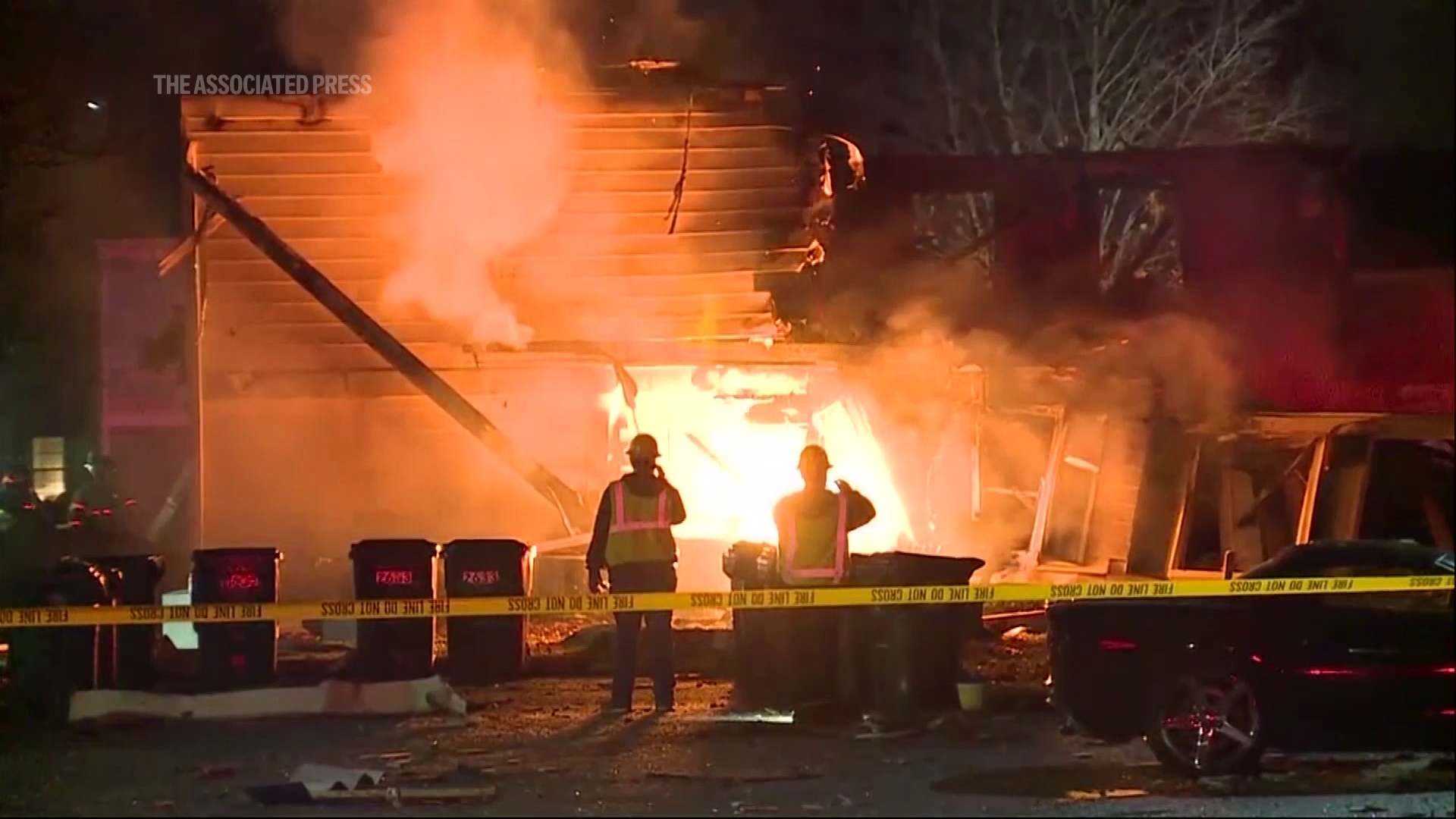LANSING, Mich. — A Michigan economic development board approved more than $400 million in state incentives Wednesday for two battery facilities estimated to cost $4 billion and bring 4,500 jobs to the state.
Pending approval by state lawmakers, the incentive packages would draw from a fund created less than a year ago to help the automotive state land major business expansions in the wake of news that Dearborn-based Ford Motor Co. would begin building electric vehicle battery plants in other states.
"We are in global competition to make sure that Michigan stays on the cutting edge of auto manufacturing. Investments like the ones that we've announced today are game changers," Michigan Gov. Gretchen Whitmer said Wednesday in an interview with The Associated Press.
A Michigan energy-storage company, Our Next Energy, would be allocated $236 million in the agreement for an up to $1.6 billion project in the Detroit suburb of Novi. An allocation of $175 million in incentives will go to a $2.4 billion facility planned by Chinese manufacturer Gotion for Big Rapids in northern Michigan. The primary functions of the facilities would be to build components used for electric vehicle batteries.
President Joe Biden showcased his administration's efforts to promote electric vehicles during an appearance at the Detroit auto show last month when he said Michigan was "building the future of the electric vehicle."
Under his Inflation Reduction Act, the batteries in electric vehicles must be built in North America to be eligible for a federal tax credit of up to $7,500.
The Michigan Economic Development Corporation board passed the incentives Wednesday but final approval of the incentive packages will need to come from the House and Senate appropriations committees. A timeline for the committees' approval is unknown, according to a spokesman.
The $2.4 billion Gotion project, which is planned on a 523-acre site in Big Rapids, would create 2,350 jobs with average wages of $29.42 per hour, according to the company's proposal. The facility will include a cathode plant and an anode plant, two components that are key to electric vehicle batteries. The board also approved a 30-year Renaissance Zone that was approved last week by county officials and will save the company an estimated $540 million.
Our Next Energy's 59,589-square-foot facility planned in Novi will cost $1.6 billion and is expected to result in the creation of 2,112 new jobs. The facility, according to the company's proposal, will create "battery packs for commercial and consumer Electric Vehicles."
Quentin L. Messer Jr., CEO of the state economic development corporation, said the $400 million incentives packages are performance-based in the event a company doesn't meet its targets.
"If the company performs but then subsequently has nonperformance, and if that nonperformance isn't subsequently remedied, then those state tax dollars will be returned back to the taxpayers of Michigan," Messer said during an interview with the AP.
The Strategic Outreach and Attraction Reserve fund was passed by the Republican-controlled Legislature last year with a $1.5 billion budget.
To date, $794 million in incentives have been used from the SOAR funds, including a $666 million allocation in March for General Motor projects and another $101 million in July for Ford projects. Lawmakers approved an additional $846 million last week to replenish the fund.
"Michigan has to compete for the jobs of tomorrow and the only way to do that is to be in the game," Curtis Hertel, the top Democrat on the Senate Appropriations Committee, told AP last week.
►Make it easy to keep up to date with more stories like this. Download the 13 ON YOUR SIDE app now.
Have a news tip? Email news@13onyourside.com, visit our Facebook page or Twitter. Subscribe to our YouTube channel.



